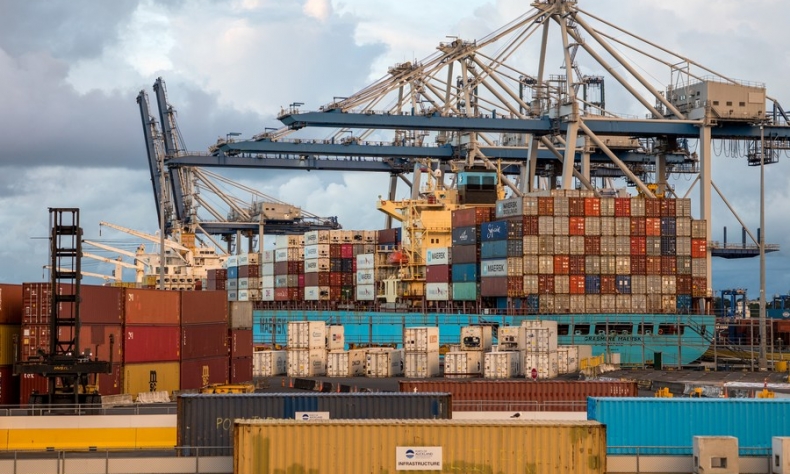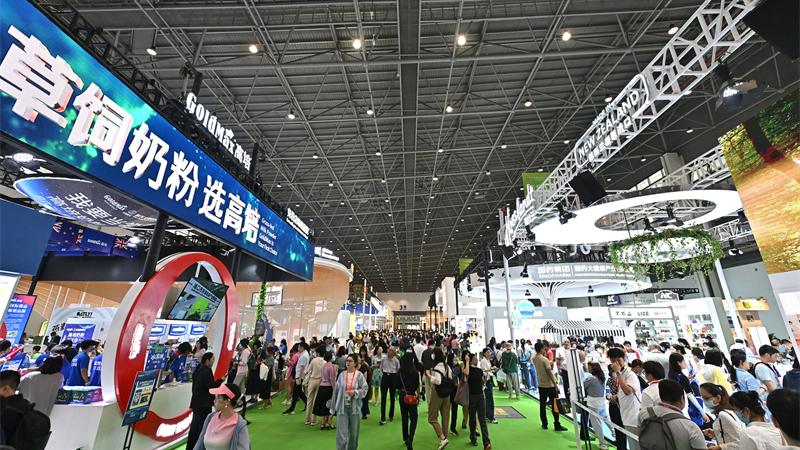China-New Zealand Pragmatic Diplomacy Sets an Example

A deepened China-New Zealand comprehensive strategic partnership will definitely deliver more benefits to the two countries and two peoples, which is therefore conducive to regional development and prosperity.
Since the establishment of diplomatic relations in 1972, China and New Zealand became strategic partners in the Asia Pacific despite lingering differences. The ability to carefully calibrate the relationship in the right direction amid roadblocks has been the hallmark of respective leaderships in both Beijing and Wellington throughout history. In 2023, the same momentum was carried forward as New Zealand Prime Minister Chris Hipkins met with Chinese Premier Li Qiang in Beijing.
An array of diverse cooperative agreements was signed as New Zealand focused on improving market access into China. In theory, while “realism” in international relations does define the bilateral relationship, it is pertinent to note that both China and New Zealand adopted a “constructivist” approach in 2023 despite focusing on expanding Wellington’s export base. Despite anti-China lobbyists within New Zealand being averse to the prospect of a full strategic partnership or a so called “over-reliance” on Beijing, Hipkins has opted for a productive conversation with China which helps elevate ties while also staying away from points of controversy.
A joint declaration was issued to further solidify trading ties which gelled well with the fact that China plays a dominant role in the Kiwi market as it purchased 28% of its goods export worth $13 billion a year. The New Zealand delegation for the 2023 visit to Beijing also comprised of trade and tourism ministers, as well as executives from the country’s largest corporations, Fonterra Cooperative Group, and Air New Zealand. As stated by Hipkins, the objective of this visit is to diversify the breadth of Wellington’s export base. Furthermore, China’s growing middle class and rising economic profile presents New Zealand with increased demand for products, such as building materials and milk powder. All in all, it is a win-win situation for both sides.
New Zealand is also the first developed country which China signed a free trade agreement with in 2008. In late 2013, Beijing overtook Canberra as Wellington’s largest trading partner, with both countries carrying an approximate share of 19% in goods, as compared to Canberra’s share, which reduced significantly to 12%. Additionally, on the subject of tourism, Hipkins wants to revive Beijing’s interest as New Zealand acts as a destination for higher education and recreational activities, particularly in the post-pandemic era with border restrictions eased and air travel and tourism reviving.

The joint declaration also covered increasing cooperation in the digital economy through e-commerce, establishing dialogue mechanisms to deal with energy vehicles and the promotion of “green economies.” Furthermore, strengthening collaboration on food security, agriculture, and capitalizing on recent discussions related to diplomacy and defense were also considered.
The comprehensive nature of these understandings clearly demonstrates the strength and maturity of the bilateral relationship and how both sides have adopted a “people-centered” approach towards cooperation that is devoid of the great power politics, animosity, hegemony, and detrimental zero-sum games that have otherwise been a defining feature of U.S. foreign policy in the Asia-Pacific region.
New Zealand has repeatedly exercised prudence in its diplomatic approach by acknowledging differences between the two countries in a respectful manner and independently making choices in line with its own interests instead of blindly echoing anti-China arguments or using bellicose rhetoric to seek confrontation. Such pragmatic diplomacy has set an example for many countries.
It is hoped that the positivity and optimism from the latest exchange and the joint declaration between Wellington and Beijing is carried forward in letter and spirit. A deepened China-New Zealand comprehensive strategic partnership will definitely deliver more benefits to the two countries and two peoples, which is therefore conducive to regional development and prosperity.
Hamzah Rifaat Hussain, a former visiting fellow at the Stimson Center in Washington and former assistant researcher at the Islamabad Policy Research Institute, is an anchor at ThinkTech Hawaii.
 Facebook
Facebook
 Twitter
Twitter
 Linkedin
Linkedin
 Google +
Google +










